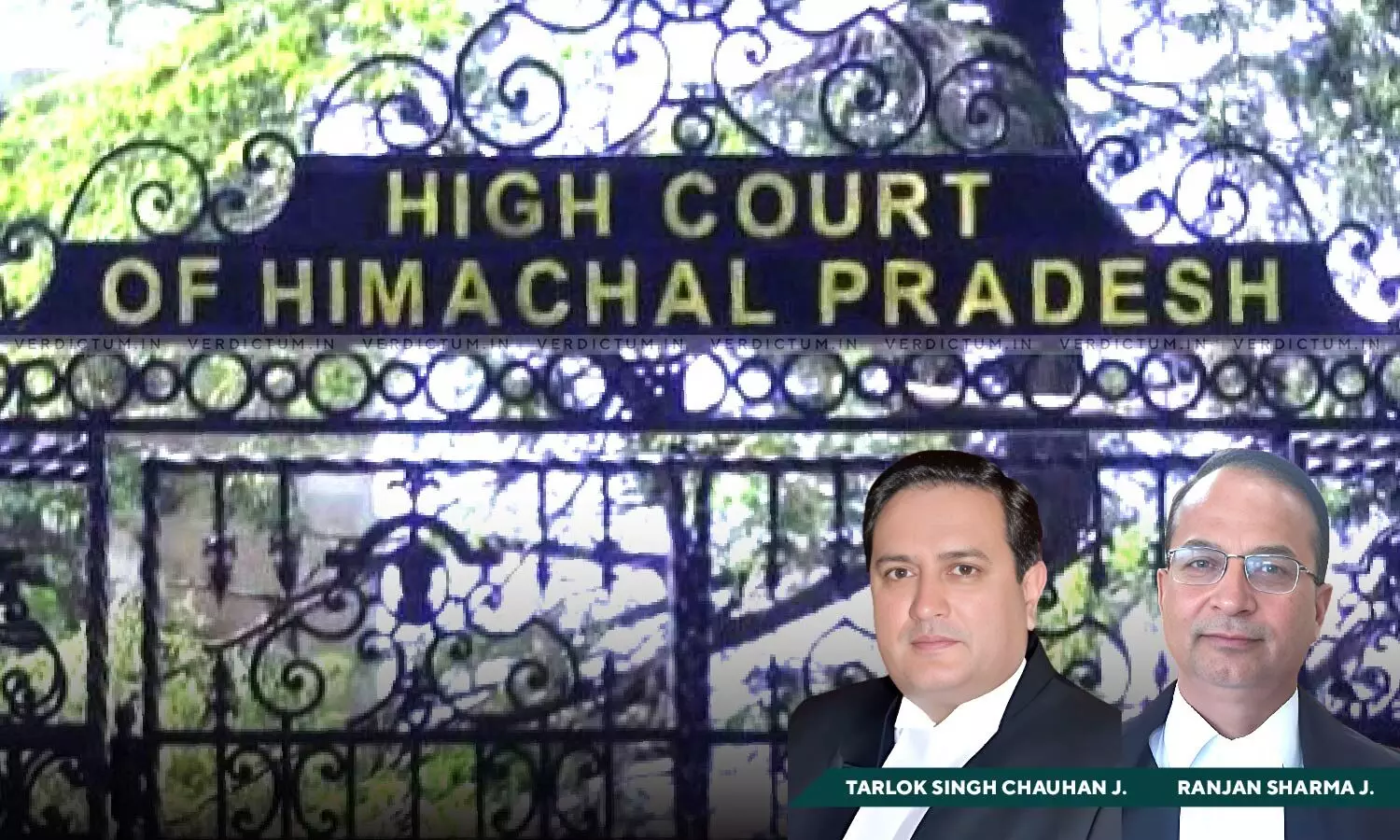
Section 84 IPC| Accused Claiming Defence Of Unsound Mind Not Expected To Prove Insanity Beyond Reasonable Doubt- HP High Court
 |
|A Himachal Pradesh High Court Bench of Justice Tarlok Singh Chauhan and Justice Ranjan Sharma has observed that while Section 105 of the Evidence Act makes the accused responsible for demonstrating their lack of sanity while committing an unlawful act, situations falling under Section 84 of the Indian Penal Code necessitate showing that it's more likely than not that the accused was not in a sound state of mind, rather than having to prove this beyond a doubt.
In that context, it was said that, "The burden of proof under Section 105 of the Evidence Act, 1872 does lie on the accused to prove to the satisfaction of the court that one is insane while doing the act prohibited by law. Such a burden gets discharged based on a prima facie case and reasonable materials produced on his behalf. However, Section 105 of the Evidence Act, 1872, which places the burden of proving, has its exceptions. Though, as a general principle, the onus is upon the person accused to bring his case under the exception, dealing with the case under Section 84 IPC, one has to apply to the concept of preponderance of probabilities. This is for the reason that a person of unsound mind is not expected to prove his insanity beyond a reasonable doubt. Secondly, it is the collective responsibility of the person concerned, the court and the prosecution to decipher the proof qua insanity by not treating it as adversarial. Though a person is presumed to be sane, once there are adequate materials available before the court, the presumption gets discharged. Section 105 has to be read along with Section 8 of the Evidence Act, 1872. The better way to reconcile the aforesaid provision would be to have a look into the behaviour and conduct before, during and after the occurrence."
Counsel OC Sharma appeared for the appellant, while AG Anup Rattan, among others, appeared for the respondent.
In this case, the Court was considering an appeal filed by Krishan Dev Singh, who had been found guilty of killing Rachna Devi. The key focus of the case was Singh's mental condition during the supposed crime. His defense argued that he was not mentally fit and therefore should not be held legally accountable for what he did.
The Court observed that the existence of an unsound mind is a sine qua non to the applicability of the provision and that a mere unsound mind per se would not suffice, and it should be to the extent of not knowing the nature of the act. It was held that mere medical insanity cannot be said to mean unsoundness of mind. There must be an inability of a person in knowing the nature of the act or to understand it to be either wrong or contrary to the law.
Perusing the facts of the case, the Court observed that there was no material placed on record by the appellant to indicate that he was medically treated as a person of unsound mind.
Subsequently, the appeal was dismissed.
Cause Title: Krishan Dev Singh v. State of Himachal Pradesh
Click here to read/download the Judgment